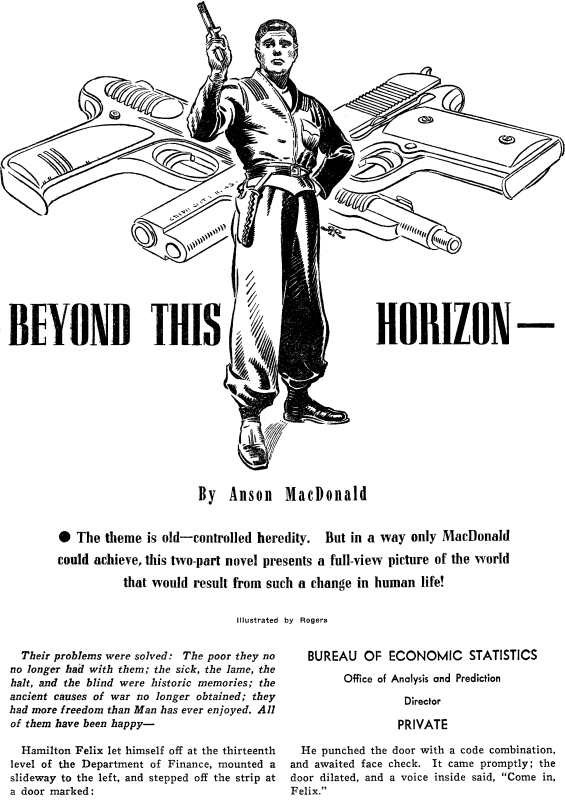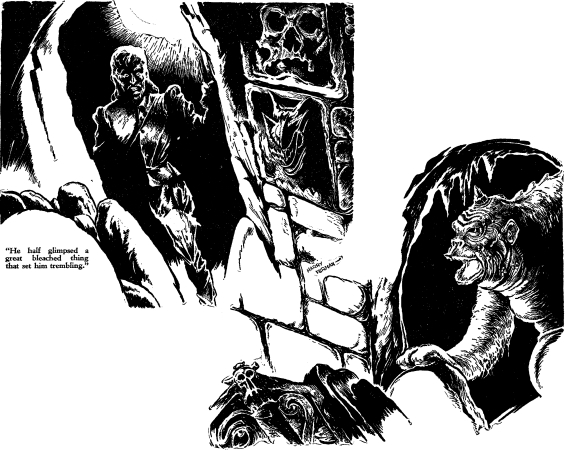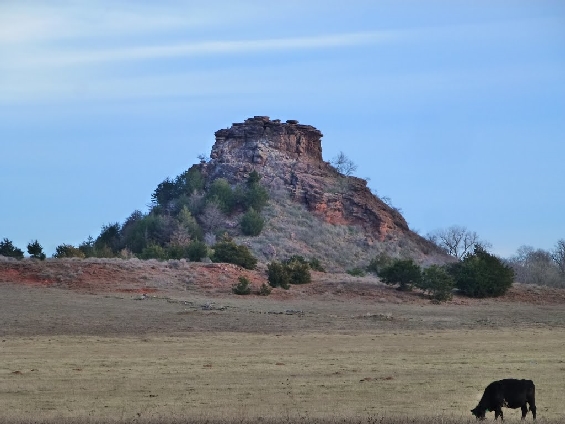
 The SFFaudio Podcast #345 – Jesse, Paul Weimer, Bryan Alexander, and Professor Eric S. Rabkin talk about the Star Maker by Olaf Stapledon.
The SFFaudio Podcast #345 – Jesse, Paul Weimer, Bryan Alexander, and Professor Eric S. Rabkin talk about the Star Maker by Olaf Stapledon.
Talked about on today’s show:
1937, Jesse has a radical thesis, is this book a true story?, I’m not really happy I just think that I am, Alice In Acidland, drugs, what do we mean by true?, arachnoids and ikthyoids, a summary of Last And First Men, the unnamed narrator, astral projection, the contents of this book, not history but a personal experience (of imagination), standing on a hill, an interesting fantasia, considering the size of the universe, Star Trek with Nazi costumes is possible and perhaps even inevitable, The Truman Show, the nature of infinity, an Italian who would be perfectly happy to use the word true about this book, “Midway upon the journey of our life I found myself within a forest dark.”, bitterness, Dante Alighieri, a lyric poem, Olaf Stapledon was a philosopher, a blazing panoply, an image of the rose, OS, “One night when I had tasted bitterness I went out on to the hill.”, an abiding faith, the original meaning of comedy, comedies end in marriage, sitcoms, both narrators acknowledge their psychological state, an exponential rhythm, overhead obscurities in flight, a Doppler shift, the other Earth, Bvalltu, a composite character, planets – > solar systems -> galaxies, a fractal experience, an encompassing wisdom, marriage as a small atom of community, spirit inhabited rock, a World War I novel, 1986, Eric taught Star Maker to Bryan, memories imbricated upon each other, the preface, Stapledon was an ambulance driver in WWI, looming WWII, militarism, seeing the sunny side of a ruined planet, Merseyside, too smashed up to really be alive, a 1930s novel, fascism vs. communism, how to organize the self and society, a secular myth, a shock to civilization, the cycle of mechanization, terrible mutations, the onset of the tank, a sense of horror, WWI and WWII as two different episodes, the Spanish Civil War, shaking off colonialism, materialistic industrialization, the only wait out is an act of faith, how can we not think of the Star Maker as a monster, “struck dumb with shame”, limitations of the audio medium, Bryan’s keyboard, C.S. Lewis, why C.S. Lewis didn’t like Star Maker, a Lewis-nemesis, crusades, the Great War on Terror (2 decades old), mindless religious violence, anticipations of subsequent Science Fiction, The High Crusade by Poul Anderson, two 20th century philosophies, Freud and Marx, neurosis and sublimation, genitals with sense organs, radio pornography, the feelies from Brave New World, crisis of labour, ideologies as philosophical artifacts, not Dave Singer, separated by space and time, supplementary parentheses, adduction of Christianity, three linked universes, playing for the souls of the creatures, a timeless heaven and a timeless hell, Earth, Mars, and Venus in C.S. Lewis’ Space Trilogy, suffering for the redemption of the Earth, explicitly not a Christian view, C.S. Lewis’ Space Trilogy as a response to a paragraph in Star Maker, all the Christs of all the worlds, “a basket of Christs”, this is Arthur C. Clarke, a tour of Science Fiction in the future, this is The Mote In God’s Eye, The High Crusade, the novel itself is a universe, cosmos vs. universe, Jesse’s theory about the Game Of Thrones universe in the TV show, what Clarke does this in slight watercolours Stapledon paints in bold oils on a massive canvas, Arthur C. Clarke’s life changing moment, copying out the scales of magnitude, Bryan’s son, encapsulating, it is Stapledon, Dante is Dante in The Divine Comedy, The Divine Comedy as political revenge, Niven and Pournelle’s Inferno, Stapledon is not a punishment guy, when Lovecraft looks out of the universe…, when Stapledon looks at the same vista he’s not as melancholy about it, The Cats Of Ulthar, contemporaries, philosophical horror, long distance psychology, like Poe, fairy tales, handling fears, we get to feel, this is an education effort, quite special, a genre issue, the roller-coaster moment, looking at the vocabulary, eldritch and ichor, lucidity, feeling, the etymology of the word “vermin”,
I reflected that not one of the visible features of this celestial and
living gem revealed the presence of man. Displayed before me, though
invisible, were some of the most congested centers of human population.
There below me lay huge industrial regions, blackening the air with
smoke. Yet all this thronging life and humanly momentous enterprise had
made no mark whatever on the features of the planet. From this high
look-out the Earth would have appeared no different before the dawn of
man. No visiting angel, or explorer from another planet, could have
guessed that this bland orb teemed with vermin, with world-mastering,
self-torturing, incipiently angelic beasts.
the stellar wars, too lucid for more tribal patterns, sympsychic partnership, angelic vermin, more real than all the stars, like two close trees grown together, difference can be strength, the Orson Welles radio version of The War Of The Worlds, versus the Martians our differences don’t make a hill’s worth of difference, The Lord Of The Rings, looking for the Ents and the Entwives, there are Ents in Star Maker, the holy sex transmission that never got off, the ships worlds,
It was a strange experience to enter the mind of an intelligent ship to
see the foam circling under one’s own nose as the vessel plunged through
the waves, to taste the bitter or delicious currents streaming past
one’s flanks, to feel the pressure of air on the sails as one beat up
against the breeze, to hear beneath the water-line the rush and murmur
of distant shoals of fishes, and indeed actually to hear the
sea-bottom’s configuration by means of the echoes that it cast up to the
under-water ears. It was strange and terrifying to be caught in a
hurricane, to feel the masts straining and the sails threatening to
split, while the hull was battered by the small but furious waves of
that massive planet. It was strange, too, to watch other great living
ships, as they plowed their way, heeled over, adjusted the set of their
yellow or russet sails to the wind’s variations; and very strange it was
to realize that these were not man-made objects but themselves conscious
and purposeful.
Sometimes we saw two of the living ships fighting, tearing at one
another’s sails with snake-like tentacles, stabbing at one another’s
soft “decks” with metal knives, or at a distance firing at one another
with cannon. Bewildering and delightful it was to feel in the presence
of a slim female clipper the longing for contact, and to carry out with
her on the high seas the tacking and yawing, the piratical pursuit and
overhauling, the delicate, fleeting caress of tentacles, which formed
the love-play of this race. Strange, to come up alongside, close-hauled,
grapple her to one’s flank, and board her with sexual invasion. It was
charming, too, to see a mother ship attended by her children. I should
mention, by the way, that at birth the young were launched from the
mother’s decks like little boats, one from the port side, one from the
starboard. Thenceforth they were suckled at her flanks. In play they
swam about her like ducklings, or spread their immature sails. In rough
weather and for long voyaging they were taken aboard. At the time of our
visit natural sails were beginning to be aided by a power unit and
propeller which were fixed to the stern.
nothing like this in Science Fiction, Lloyd Abbey’s The Last Whales, an elegiac book, another sub-genre of Kindle based pornography, much of William Wordsworth’s poetry is admired too simply, Eric reads Lines Composed Upon Westminster Bridge, the houses with windows like sleeping eyes, watching the lives of dreams, the houses are sleeping not the people within them, the smokeless air, lying still, what makes the beauty, The World Is Too Much With Us, a cry for God, Fungi From Yuggoth (IX): The Courtyard by H.P. Lovecraft:
It was the city I had known before;
The ancient, leprous town where mongrel throngs
Chant to strange gods, and beat unhallowed gongs
In crypts beneath foul alleys near the shore.
The rotting, fish-eyed houses leered at me
From where they leaned, drunk and half-animate,
As edging through the filth I passed the gate
To the black courtyard where the man would be.
The dark walls closed me in, and loud I cursed
That ever I had come to such a den,
When suddenly a score of windows burst
Into wild light, and swarmed with dancing men:
Mad, soundless revels of the dragging dead—
And not a corpse had either hands or head!
deemed unfit, body horror, Robert E. Howard, M.R. James, ever more capacious mentalities, being taught by groups, the Star Trek: The Next Generation episode The Inner Light, The Horla by Guy de Maupassant as a horrible version of this, Passengers by Robert Silverberg, Boneland by Jeffrey Thomas, from a microscopic perspective, these things pass, bodyless timelords, a swarm of locusts, eugenics, Chapter 9, cultural and eugenical means, The King In Yellow (The Repairer Of Reputations) by Robert W. Chambers, the lethal chamber, Futurama, Providence, Alan Moore, criticism of Moore, turning everything Lovecraft hates into love, Last And First Men was a bestseller in 1930, the fifth generation, the Martian hive-mind, what is the moral ideal that Stapledon hopes that we move toward?, individuality in community, a literary allusion, a race on Venus, from epoch to epoch, that scaling thing again, the problem with fascism, fasces, is this a Darwinian book?, parasitism, symbiosis, evolution, Marx dedicated Capital to Darwin, getting rid of Harper, mutual aid, The World, the Flesh & the Devil by J.D. Bernal, astronomy, Peter Kropotkin (Mutual Aid: A Factor Of Evolution), mutual slaughter, profit in fraternization with the enemy, like Rod Serling The Monsters Are Due On Maple Street, gentleness as a religion, the entangled bank (in Origin Of Species), functional stability arising out of local possibilities of violence, virtue in the creator is not the same of virtue in the creature, a third position, the sense experience of a star, in the center of this paragraph, free will and determinism are compatible, always bigger, a selfless star, the normal voluntary motor activity of a star, if you empty your ego and just feel others, perfect selflessness allows entrance into perfect community, getting your karma clean, dark matter, the science is pretty damn good, the key word is “lucid”, the vast emptiness enables the insight into the stars, rubies lay behind me, the sky’s familiar diamonds, all possible light, watch Steven Universe, ageless like Star Maker, the tag cloud, world and worlds, Oswald Spengler, growth -> change -> decay, the myth at the end, the course of empire paintings, The Decline Of The West, Arnold J. Toynbee, future histories, we could see if we were lucid, a great Götterdämmerung moment, the Russian civil war, The White Goddess, The Golden Bough, subsequent Science Fiction, for those who haven’t yet read the book…, the most disliked and most liked book, what kind of a novel is this?, an epic poem crossed with a lyric poem, erroneous expectations, feel better about your fishwife and your step children, back to Lovecraft, a writer of ideas, Odd John and Sirius are more like regular novels, Jack London’s Star Rover, more swords fewer wives, Frank Herbert, God Emperor Of Dune, when you frame it that way…, Accelerando by Charles Stross, full time IT professionals writing SF, Ted Chiang and Cory Doctorow, Ted Chiang can do anything, lapidary, Jorges Luis Borges wrote an introduction for Star Marker, A Story Between Jest and Earnest, Love and Discord.
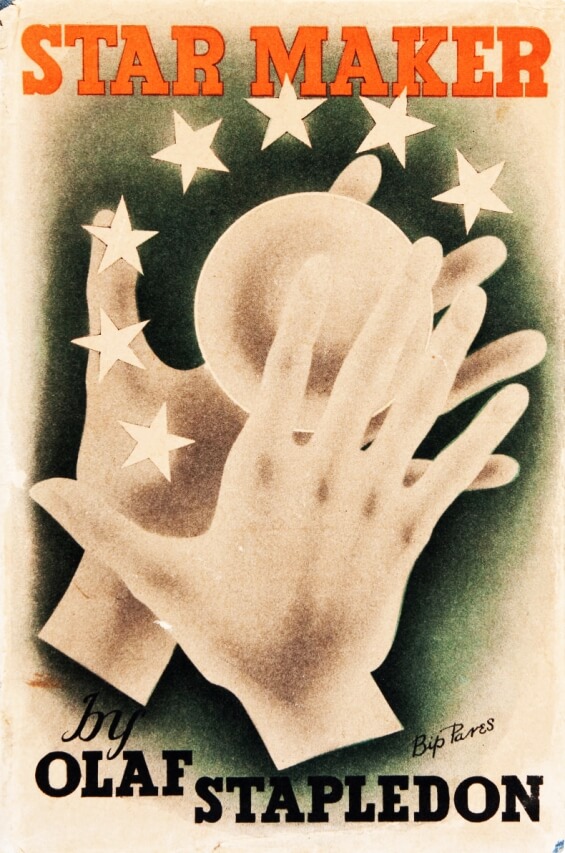
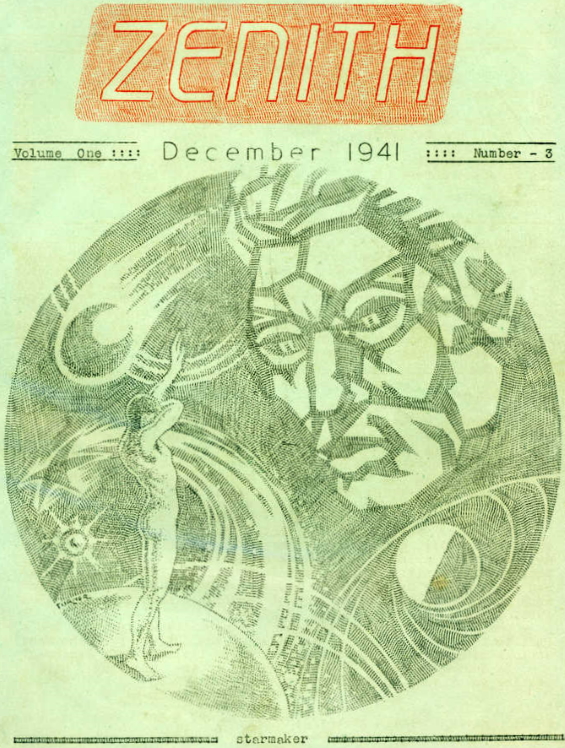
Posted by Jesse Willis

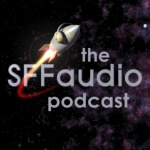 The SFFaudio Podcast #415 – Jesse, Paul Weimer, Maissa, and Jenny Colvin discuss Speech Sounds by Octavia Butler
The SFFaudio Podcast #415 – Jesse, Paul Weimer, Maissa, and Jenny Colvin discuss Speech Sounds by Octavia Butler
 Reading, Short And Deep #039
Reading, Short And Deep #039
